What is oolong milk tea?
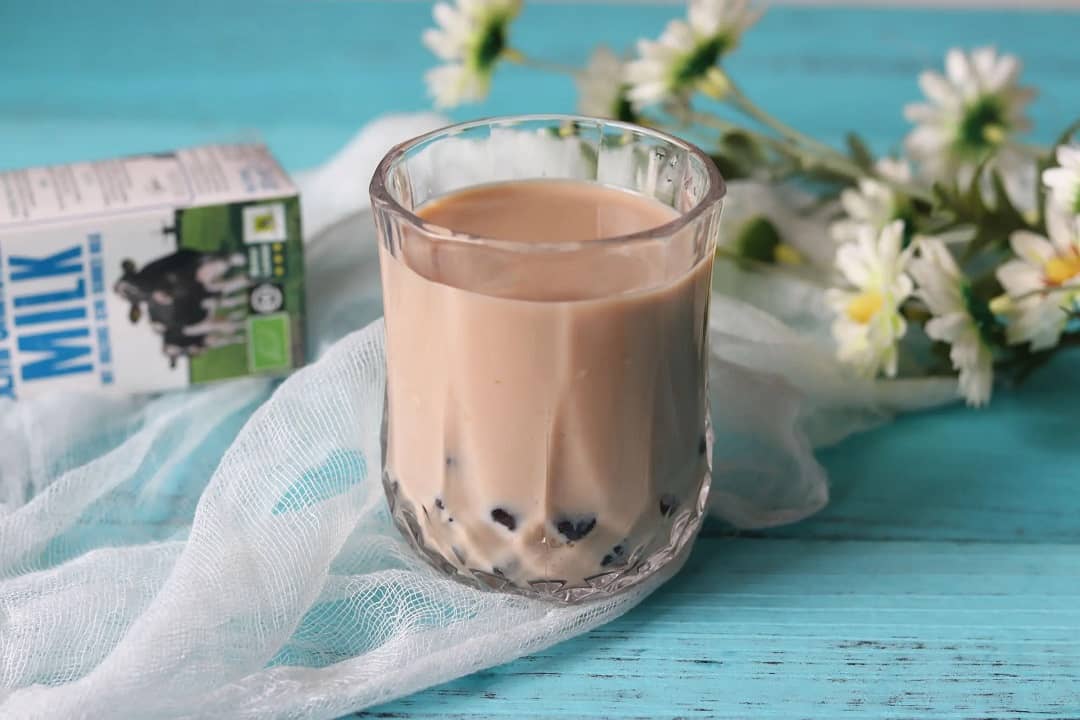
Oolong tea (also called Wu-lung tea) is any tea which has partly gone through oxidization, which puts then in the middle between black and green teas, as green tea doesn’t get put through an oxidation process and black tea full goes through it.
It comes from the Asian country of Taiwan. Since Taiwan doesn’t have a lot of land space for growing crops, only a limited amount of oolong tea is grown every year. It is grown at high altitudes and the higher up it is on the mountains, the stronger the taste will be.
So, you have to be careful when buying it as there are a lot of fake versions some vendors try to pass off as genuine oolong tea. The fake oolong tea is full of artificial ingredients and the sellers may even claim the leaves are full of milk, but that is untrue.
Even so, all of these teas are made from the Camellia sinesis plant. But when it comes to making oolong tea, it gets complicated as if the leaves are oxidized too long or even not enough, either way will ruin it. As the oxidation process continues, the tea leave turn brownish or sometimes greenish, and it must be heated to stop the oxidation. It is then roasted gently and the leaves are rolled.
What is Oolong Milk Tea?
So, now that we know what regular oolong tea is, what is oolong milk tea? An interesting thing about oolong milk tea is that despite its name, it doesn’t have any sort of milk in it. It is called milk tea due to the creamy taste some say reminds them of milk or butter. It also has a sweet floral scent and sometimes it is called bubble tea.
How do you make oolong milk tea?
To make oolong milk tea you need about one and a half to five tablespoons of oolong tea leaves. You also need hot water, and milk. The proportion of water to milk is 3:1. You also need brown sugar and tapioca pearls (the pearls are what the “bubbles” are made of). It is steeped for between 1 and 3 minutes, and has between 20 to 60 milligrams of caffeine in each eight ounce cup. If steeped longer the caffeine rate goes up.
Benefits of Oolong Milk Tea
Most teas offer some health benefits so oolong milk tea does too due to the presence of antioxidants called polyphenols, which are theaflavins, EGCG and thearubigins.
Some of the known benefits of oolong milk tea include:
- Contains polyphenols which assist in destroying free radicals and boosting overall health
- Free radicals can cause various cancers in the body such as liver, lungs, pancreas, colorectal and esophageal cancers.
- Helps to relieve both physical and mental stress
- Helps to get rid of excess body fat, therefore reducing the obesity rates
- Helps lose weight
- Helps to keep the skin clearer as well as been seen to help treat eczema.
- Seen to help prevent tooth decay as it makes the teeth stronger
- Prevents tooth decay while making your teeth stronger.
- Has healthy minerals in it like calcium, manganese, and magnesium
- Heightens mental alertness, plus seen to assist in improving thinking skills due to it having L-theanine, which is an essential amino acid.
- May also assist in protecting drinkers from diabetes since it decreases inflammation and eases resistance to insulin and improves the management of blood sugar levels. This was shown in studies done in 2010 and 2021.
- Seen to improve heart heath in regular tea drinkers. A 2003 study showed those who drank over 6 cups of oolong tea a day had less coronary heart disease than non-tea drinkers. Yet another study in Japan showed men that consumed at least 8 ounces of oolong tea had a 61 percent less chances of developing heart disease.
Side effects of oolong milk tea
There are also some side effects that an occur if someone sensitive to it drinks oolong milk tea. These include:
Makes some people poop more – Oolong tea is known to have a prominent laxative effect due to chemicals in it called anthraquinones. This can be beneficial, however, if you suffer from constipation.
Makes some people nauseous – If consumed on an empty stomach or someone drinks a lot of it, it has been known to cause stomach upset due to the tannins in its leaves.
Some people may be allergic to it – In some cases the components of oolong milk tea cause some people who drink it to have an allergic reaction.
Raises blood pressure in some people – Though studies showed this result was inconsistent, the caffeine in oolong tea could bring on higher blood pressure if it is consumed in excess.
Pregnant women may want to avoid drinking oolong teas as well due to the caffeine content, or at least limit their consumption to three to five or so cups of it as that equals around 200 milligrams of caffeine.
Oolong tea could react with certain supplements or medications – If you take supplements like ephedrine, or amphetamines, don’t mix them with oolong tea as it can bring on serious heart issues. Additionally, if you take supplements that are meant to slow down the clotting of blood, i.e. garlic, cloves, ginger or Gingko biloba, you may want to avoid drinking oolong tea in excess.
All in all you should speak with your doctor if you are concerned that drinking oolong milk tea could affect you in an adverse manner. But for others, this tea is a tasty treat that could in some cases help keep you healthy.



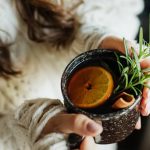
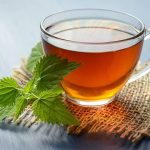
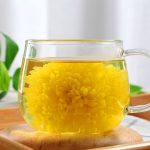
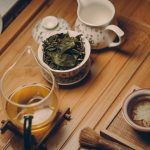

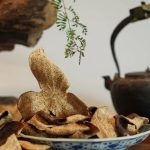
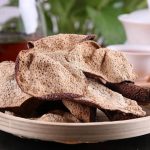
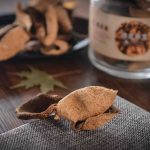
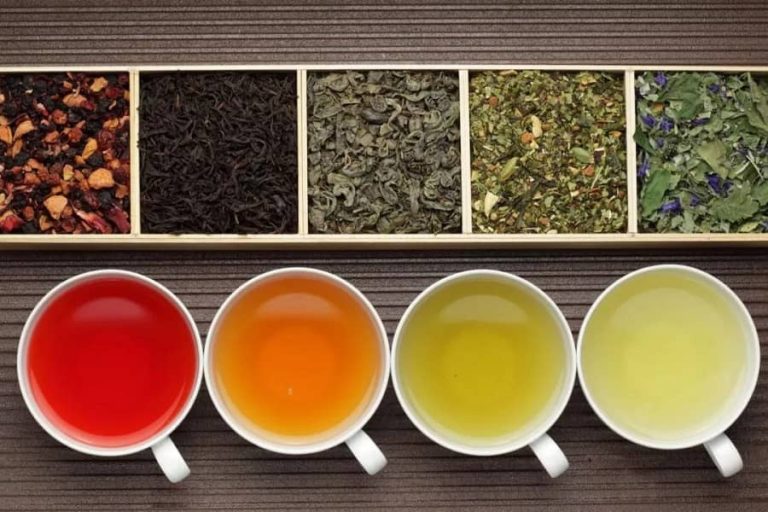
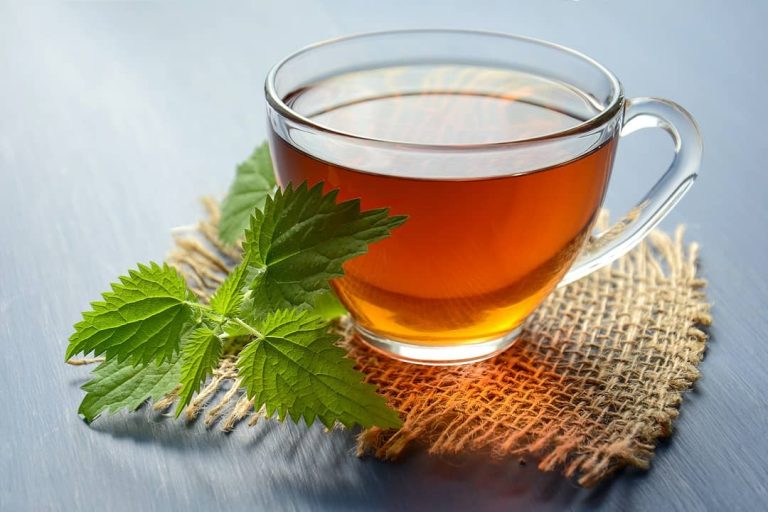
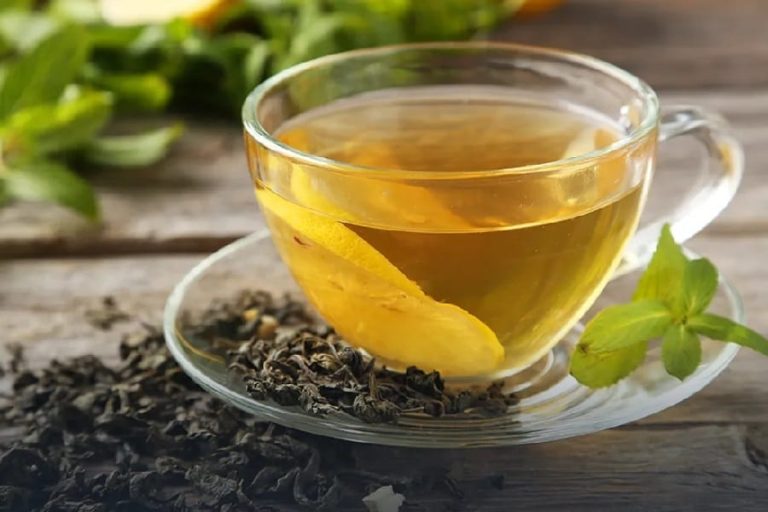
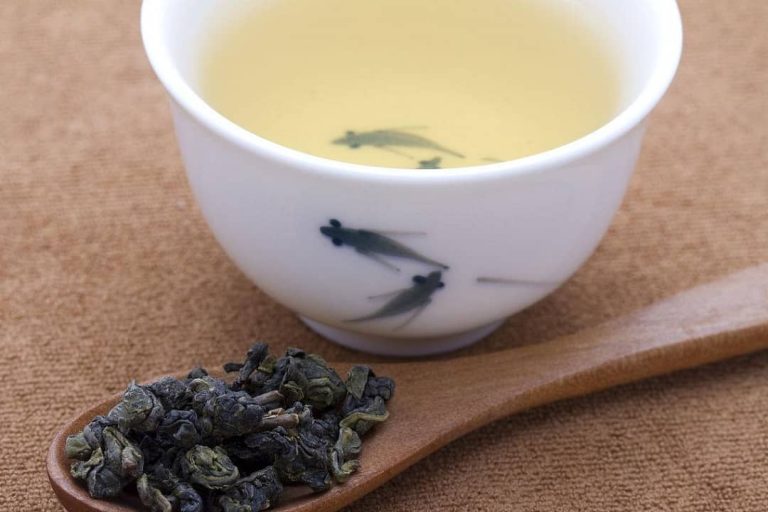
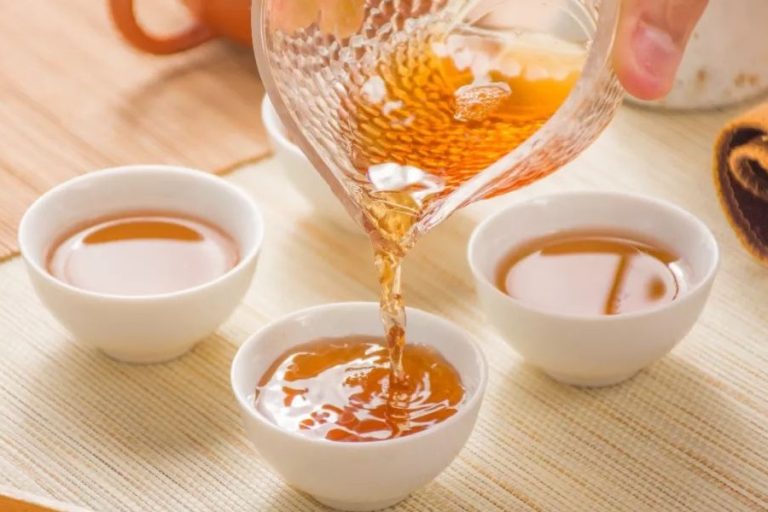

2 Comments